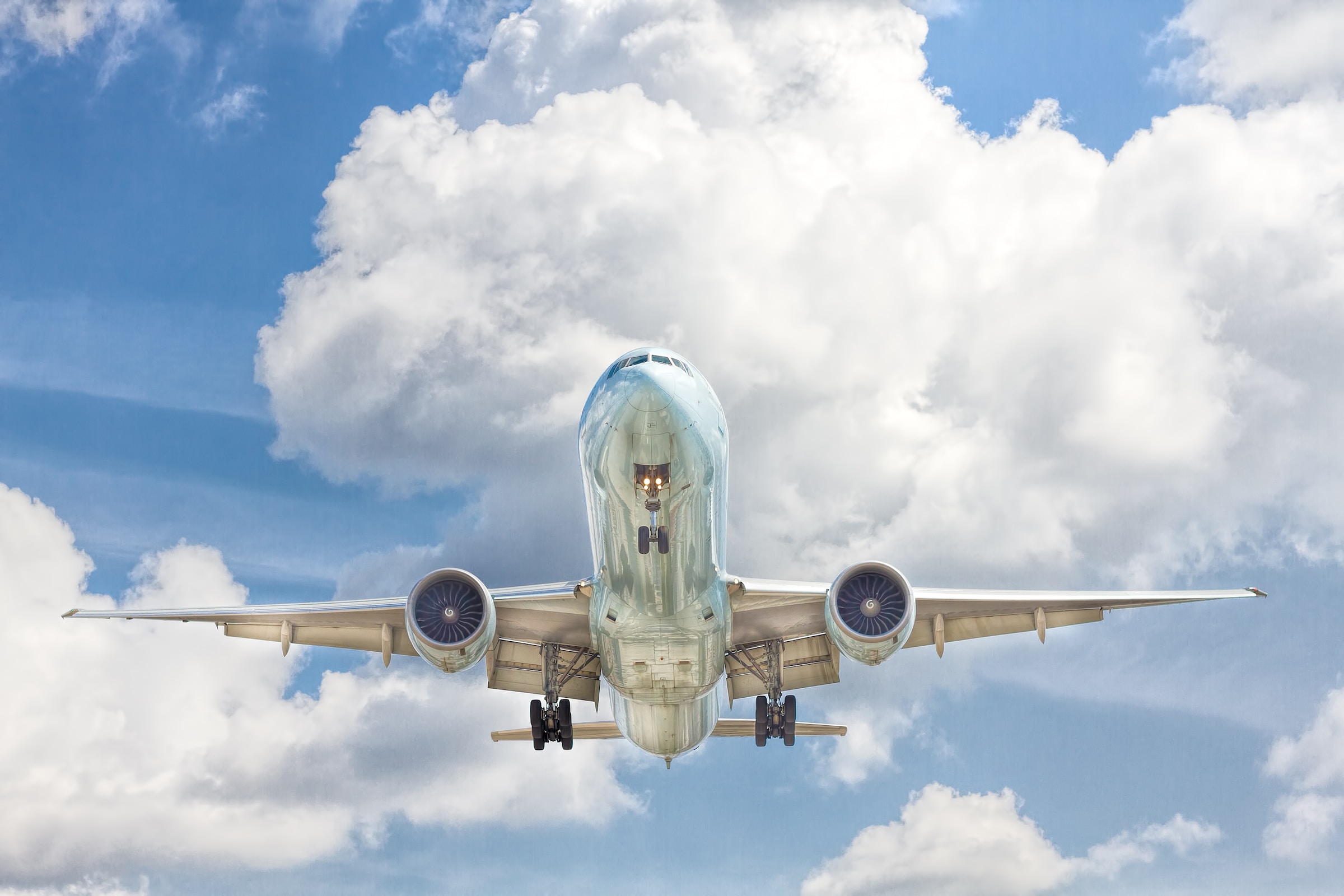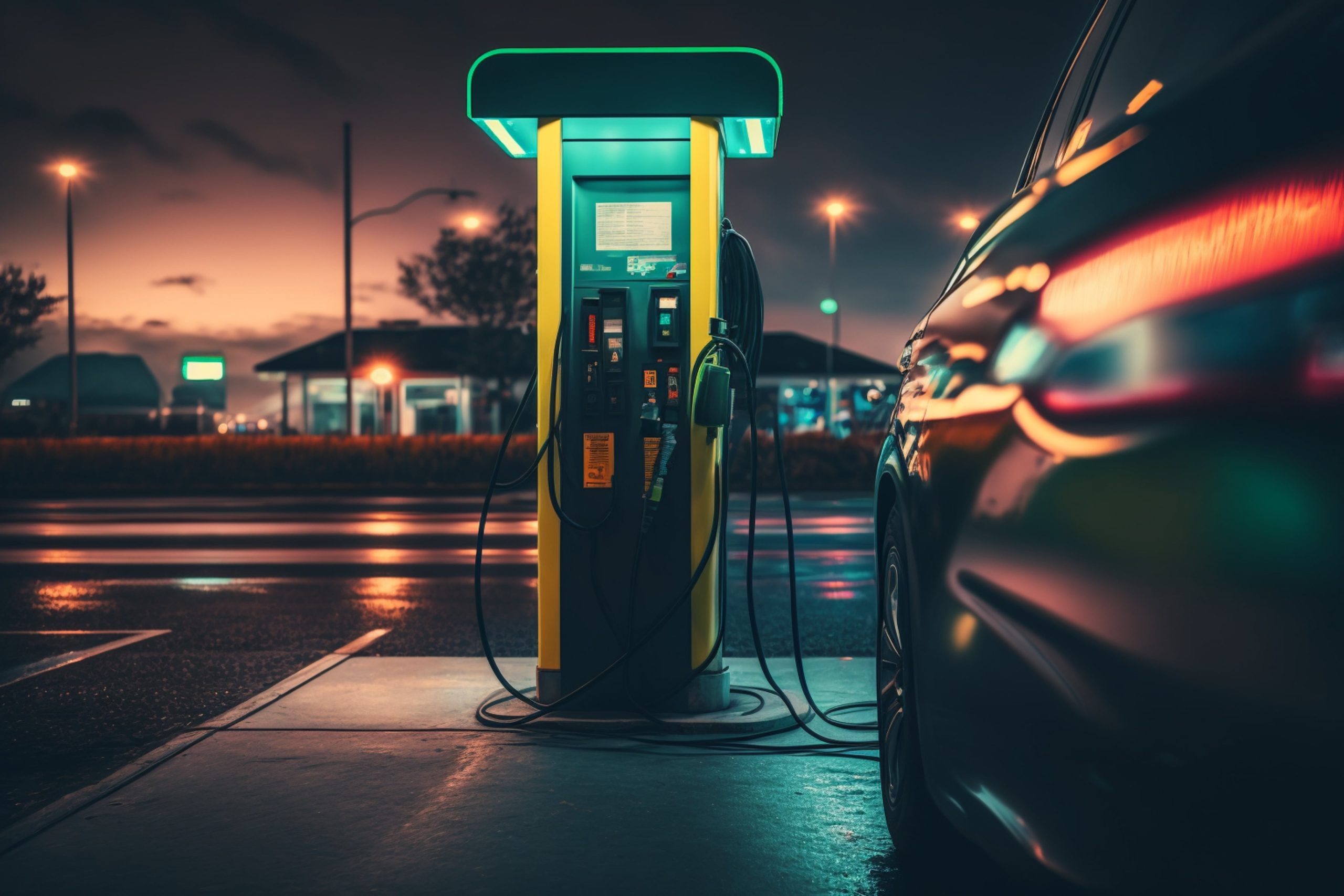Partnership Launched to Investigate Hydrogen in Aviation

AeroDelft, a student team from the Delft University of Technology, and KLM Royal Dutch Airlines have announced a partnership to explore opportunities for hydrogen in the aviation industry. How will this help to reduce the environmental impact of the aviation industry?
The partnership will support AeroDelft’s Project Phoenix, which focuses on the research and development of new technologies.
Collaborations are crucial to accelerating aviation innovation
This collaboration will focus on AeroDelft’s hydrogen aircraft project, which aims to develop zero-emission aircraft that can fly using liquid hydrogen and fuel cell technology.
However, both have admitted that flying is not likely an option but want to work together to accelerate the transition to a more sustainable aviation industry.
Barry ter Voert, CXO & EVP Business Development at KLM, explained that KLM is looking at opportunities to accelerate developments in aviation innovation and that this collaboration will help to discover new ways of doing so.
He said: “KLM wants to play a leading role in aviation innovation and is actively seeking opportunities to accelerate these developments.”
The brainpower and solutions of the younger generation are needed for us to think out of the box. AeroDelft’s enthusiasm and hard work help tremendously with this.
AeroDelft plans to have their manned aircraft fly with liquid hydrogen in 2025
The partnership between AeroDelft and KLM is the first time that AeroDelft has partnered directly with an airline, promoting liquid hydrogen as an alternative to conventional fuels in aviation.
There need to be alternatives to conventional fuels as, based on the latest available data, aviation and maritime transport account for 14.4 and 13.5 per cent of EU transport emissions, respectively.
As a major player in the sector, KLM is showing that sustainability is a priority and that innovative solutions should be explored to make aviation more environmentally friendly.
Joseph Michaels, Chief of External Relations at AeroDelft, revealed that the transition to a more decarbonised future is a key focus for AeroDelft: “AeroDelft’s purpose has always been to accelerate industry change.”
KLM’s support and confidence in our project brings us one step closer to making AeroDelft’s goal of sustainable aviation a reality.
AeroDelft is currently developing two aircraft, a prototype drone and a full-scale manned aircraft, both under Project Phoenix. Their unmanned drone has already flown electrically and has hydrogen flights planned for the coming year.
Meanwhile, the team aims to have their manned aircraft fly with gaseous hydrogen in 2024 and later with liquid hydrogen in 2025.
The collaboration between KLM and AeroDelft shows how important it is to see developments and innovations in sustainable aviation. The project’s aim of designing and building zero-emission aircraft using liquid hydrogen and fuel cell technology is a solution which could have a huge impact on reducing the environmental impact of the aviation industry.
While there are many challenges that need to be addressed in order to achieve sustainable aviation, such as infrastructure and cost, it is essential that the industry makes progress in moving to a decarbonised future.

